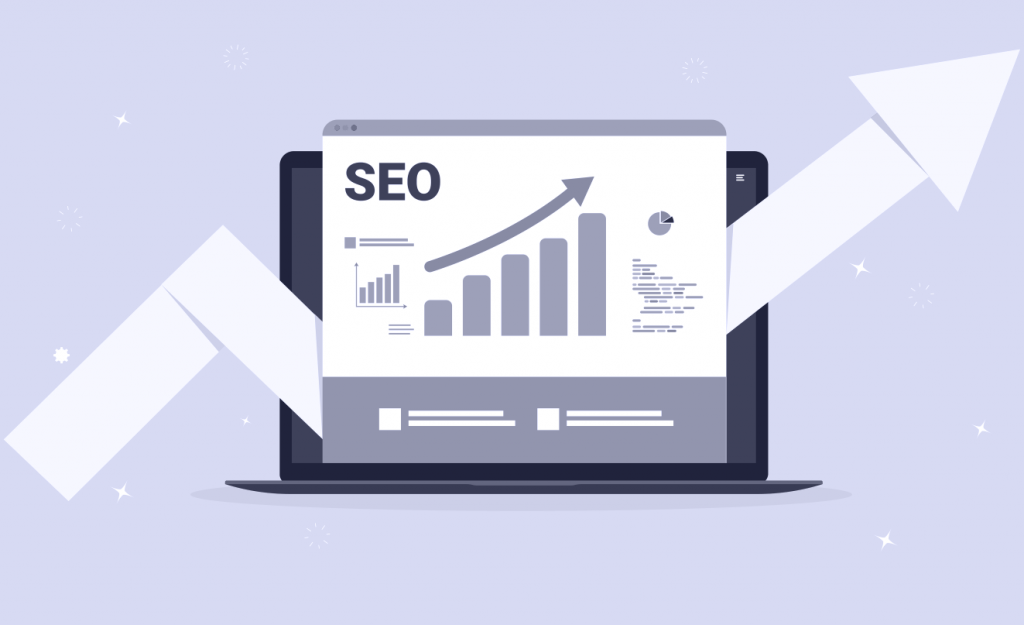Our next post on the opportunities and challenges that web hosting presents to digital agencies looks into how website speed, capacity and availability could potentially affect agency reputation and marketing results.
There are clear benefits to an agency in offloading responsibility for web hosting to their customers directly. Valuable time can be saved with less administrative work and supplier management. It may also be attractive not to have to manage hosting support issues for your clients.
Agencies tend to operate on regular 9am-5pm office hours, but if there are critical hosting issues outside of these times, is it best for the customer to call the agency, or speak to the hosting company directly? How damaging could it be for a customer’s business if their website is unavailable or slow, and they must wait for an agency’s phone line to open in the morning to get it fixed?
One important thing that agencies need to consider is how web hosting affects the reputation of their business. It is certain that the quality and standard of the hosting provider used does affect the respectability of the digital agency in one of several ways.
Website speed
Website performance is intrinsically linked to online conversions and revenue. For eCommerce sites, for example, a slower site means more abandoned carts and fewer orders. This has been proven and demonstrated in countless independent studies, such as the following:
But how does this impact digital agency reputation?
Many agencies don’t stop working for their customers after a website is built. Sites are usually continuously developed, maintained, and improved. If you then add in SEO, PPC, email campaigns and other marketing activities, agencies work hard to drive traffic and increase business growth for their customers.
Online businesses with the fastest websites, will see more conversions and will benefit more from the marketing campaigns they run.
Website capacity
Websites (eCommerce particularly) often have high numbers of concurrent visitors. When the level of simultaneous visits to a website gets too high, it will have a negative impact. This is known as the capacity limit. Even large retailers like John Lewis and Argos have seen website outages when capacity limits are reached. When this happens visitors cannot place orders. It can be extremely damaging to a business, especially if costly marketing activities have been done specifically to drive traffic over a short period of time.
Email campaigns, viral social media posts, sales, special offers, or simply seasonality (e.g. Black Friday/Cyber Tuesday) can all be triggers for high concurrency events to a website. If visitors are unable to access websites, revenue will drop sharply, and visitors may try a competitor site instead.

For any website owner that wants to ensure they never hit capacity limits, a hosting solution that scales is essential. Furthermore, it is encouraged that proper capacity testing is used to test concurrency limits and identify resource bottlenecks or rate-limiting restrictions within application components. A proactive managed hosting provider should help implement a scaling strategy and offer effective capacity testing.
